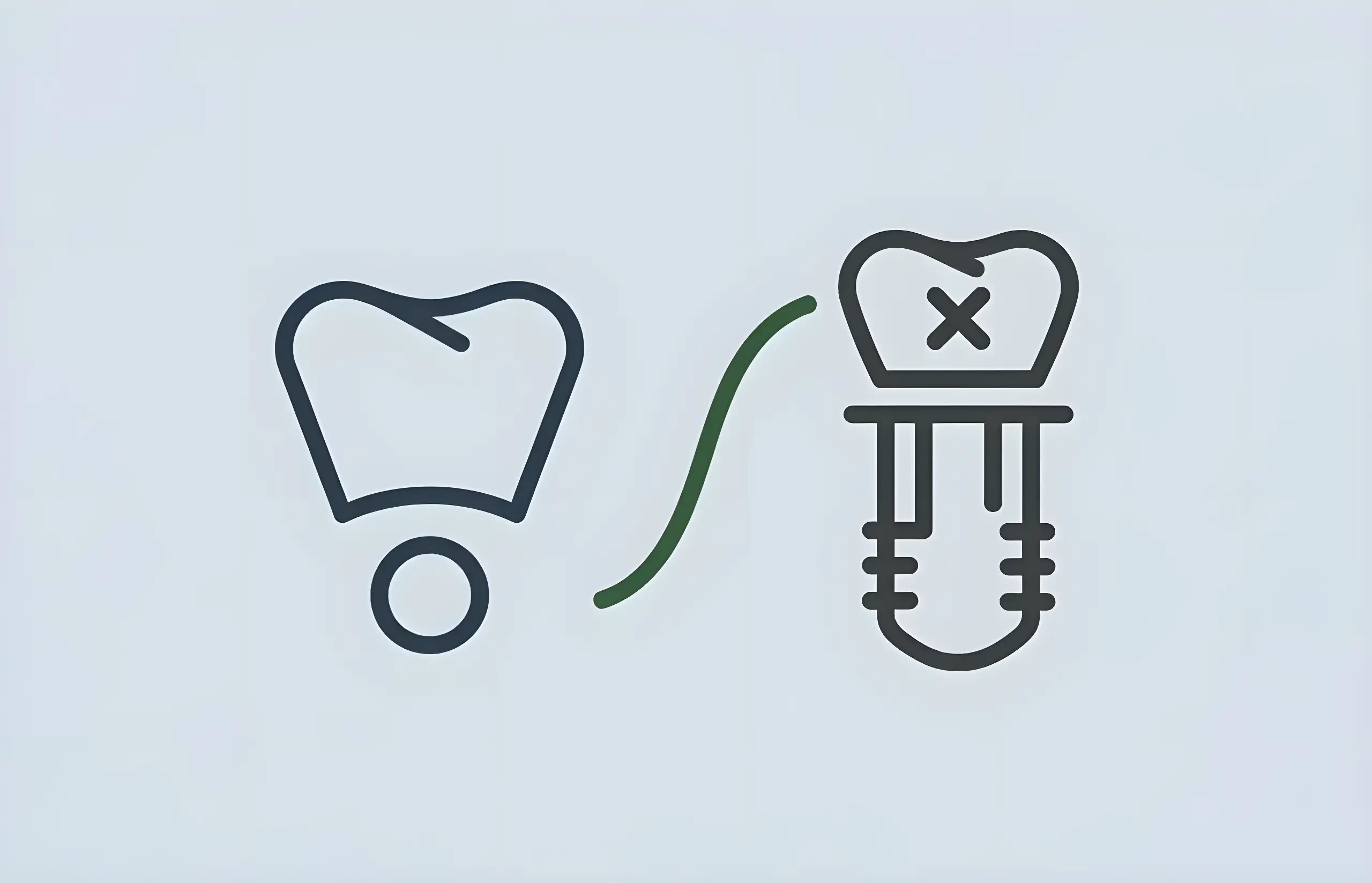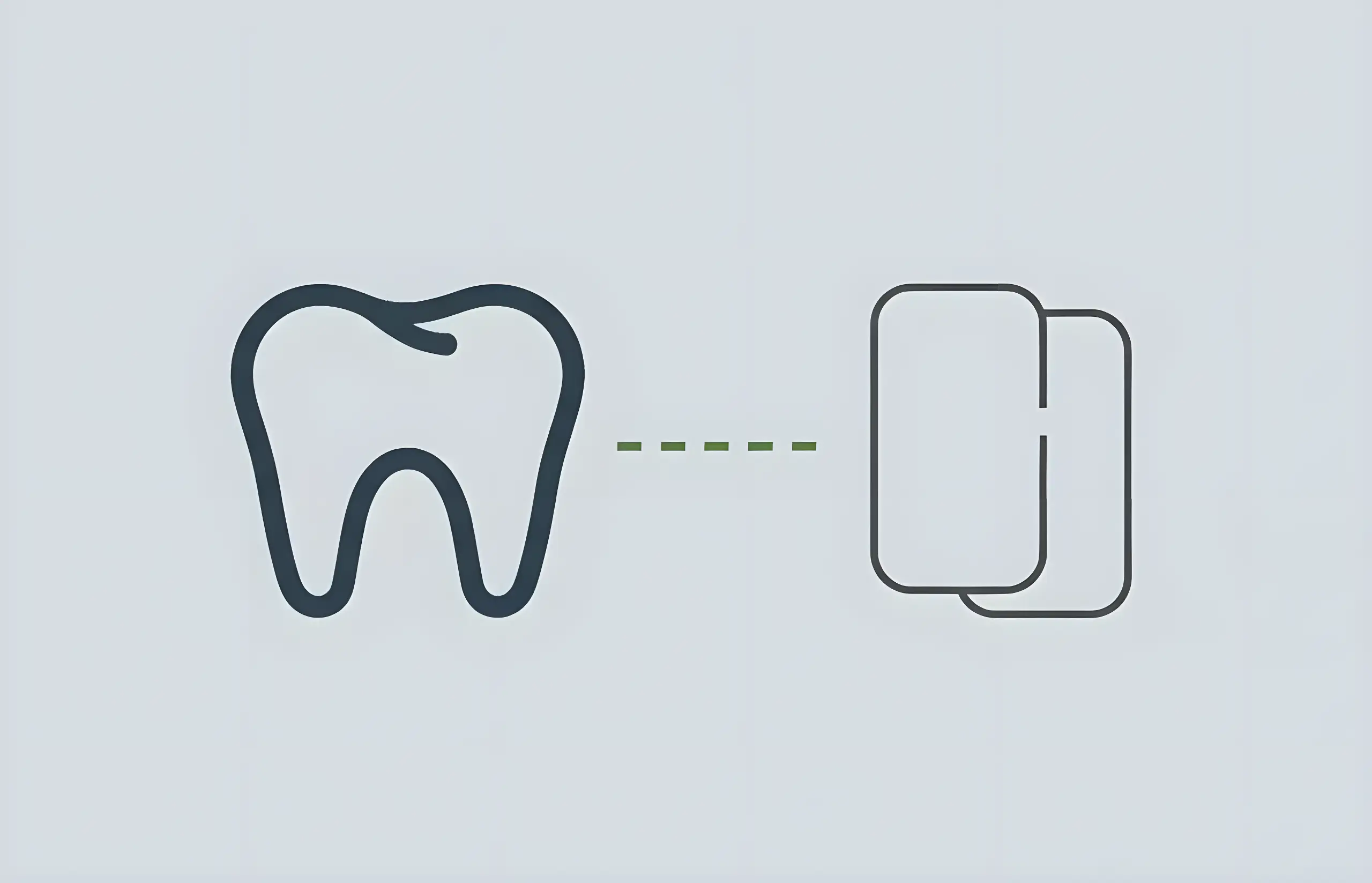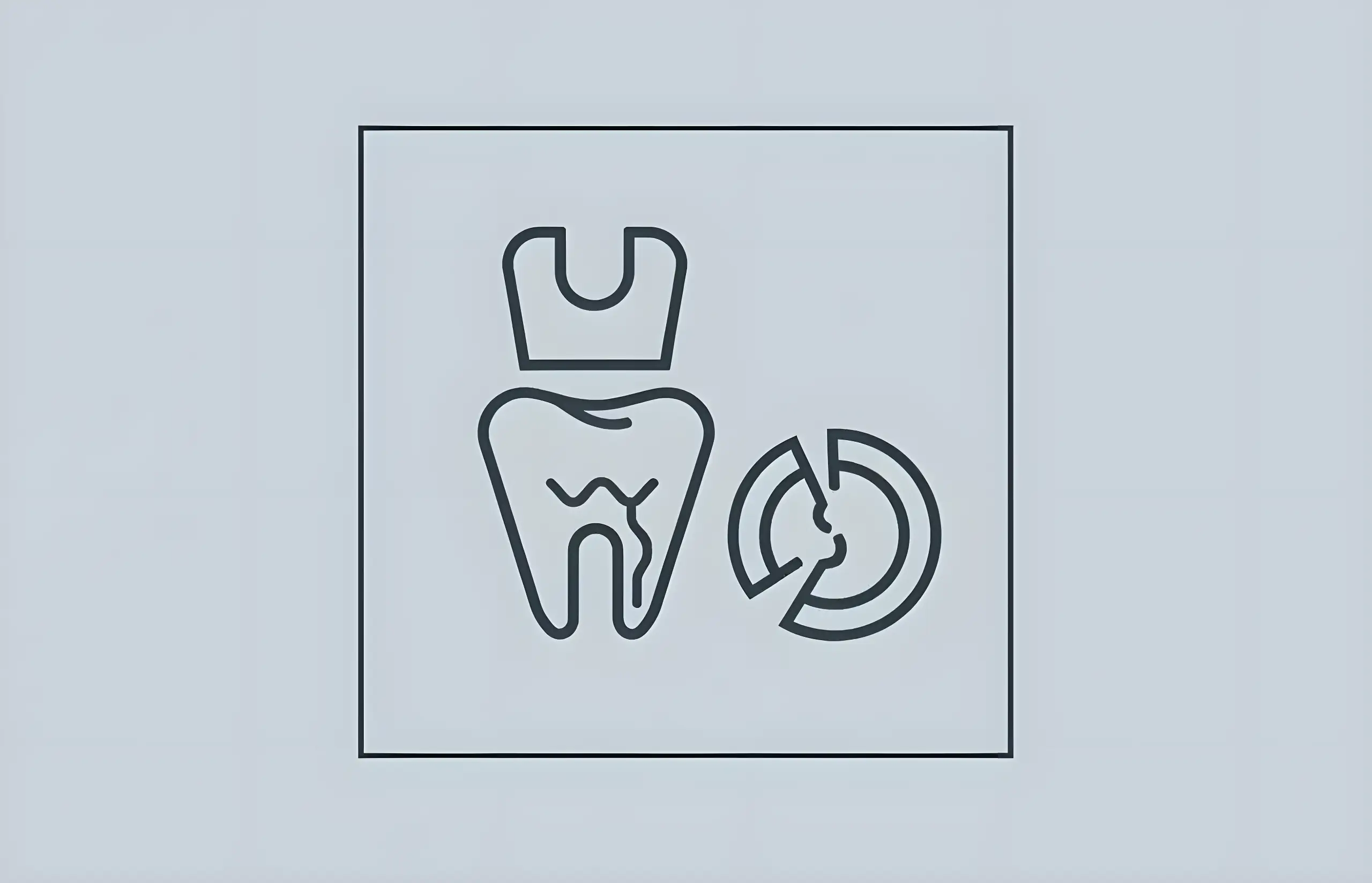Root canal treatment is undertaken by your dentist over several appointments. If the work to be carried out is simple, then it is a relatively straightforward operation. For something that is considered more complex, it is possible that you will be referred to a specialist endodontist for a consultation.
A dental crown is a 'cap' that is tooth-shaped and placed over your own tooth with the aim of strengthening it and improving its appearance. The crown is held in place by cement and will fully cover the part of your tooth that is above the gum line.
What is Root Canal and Crown Treatment?
Root canal treatment, which also goes by the name endodontics, is usually required when the patient has an infection of the nerve or blood supply to the tooth. There may be some pain in the first stages of the infection. During this process, the tooth could become dark in colour signifying that the tooth is dying or is already dead. If the 'pulp' (blood/nerve supply) is infected, this could be spread by the root canal system and ultimately lead to an abscess.
The aim of root canal surgery is to get rid of all of the infection from the root canal system. The root will then be thoroughly cleaned and protected to make sure that no further infection occurs. After the treatment, the tooth is restored either with a filling or crown.
A crown is a perfect way to repair a tooth that has been damaged in any way and is particularly useful after root canal treatment. From a cosmetic point of view, this is the perfect method to restore teeth to their natural look. From the point of view of protection, they are a vital tool in a dentist's armoury to fight tooth decay.
The Benefits of Root Canal and Crown Treatment
There are two options after root canal work has been completed, for restoring and protecting the recently treated tooth. By the time root canal work has been completed it is true to say that a lot of the structure of the original tooth will have been lost. This may expose it to more risk of infection, and a dental crown provides the necessary strengthening and protection to help prevent further problems, which include a fracture. There is always a choice to have the cavity filled, but it is usually recommended that a tooth that will be exposed to 'heavy chewing' is better off protected by a cap (crown).
There have been several studies carried out on teeth that have undergone root canal treatment and then were not capped, or were fitted with a crown. One such study examined 400 teeth that had been treated endodontically. It was revealed that teeth that did not have a crown fitted were lost due to either infection or breakage at a rate of six times more than teeth with dental crowns.
How Much Does a Root Canal and Crown Cost?
In the UK, the majority of private dentists will charge under £500 per tooth for root canal treatment, and this will increase if a crown is required. Because of the high number of variations when it comes to this type of work, the costs will vary depending on severity. It is likely that you will need to pay separately for antibiotics-rays and other incidental costs involved in the treatment. It is possible to have this work done on the NHS which has a set scale of charges. There are also schemes in place with private dentists to spread the cost of the treatment. The cost of root canal and crown should always be carefully weighed against the benefits to your well-being.
Sources and References
-
[1]
Long-term tooth survival and success following primary root canal treatment: a 5- to 37-year retrospective observationClinical Oral Investigationshttps://pmc.ncbi.nlm.nih.gov/articles/PMC10264502/
-
[2]
Relationship between crown placement and the survival of endodontically treated teethJournal of Prosthetic Dentistryhttps://pubmed.ncbi.nlm.nih.gov/11941351/
-
[3]
Long-term survival of endodontically treated molars without crown coverage: a retrospective cohort studyJournal of Endodonticshttps://pubmed.ncbi.nlm.nih.gov/15674228/
-
[4]
The Use of Dental Crowns for Endodontically Treated Teeth: A Review of the Clinical EffectivenessCanadian Agency for Drugs and Technologies in Healthhttps://www.ncbi.nlm.nih.gov/books/NBK304710/
-
[5]
Eight-Year Retrospective Study of the Critical Time Lapse between Root Canal Completion and Crown PlacementJournal of Endodonticshttps://pubmed.ncbi.nlm.nih.gov/27625148/
All sources accessed and verified on . Medical information reviewed for accuracy and compliance with current guidelines.
Related Articles

Dental Crown vs Implants
Comprehensive comparison of dental crowns and implants for damaged teeth including procedures, costs, longevity, when to save vs extract a tooth, and which option is best for your situation

Dental Crowns – Costs & Information
Comprehensive guide to dental crowns including types (metal, porcelain, ceramic, zirconia), procedure steps, survival rates, longevity studies, costs in the UK, and comparison of materials

Dental Crowns v Veneers
Comprehensive comparison of dental crowns and veneers including procedures, costs, longevity, survival rates, when to choose each option, and which treatment best preserves your natural teeth

Can You Have a Permanent Tooth Filling at Home?
Comprehensive guide to DIY tooth fillings, why they're dangerous, professional filling procedures, longevity of proper fillings, and the risks of at-home dental work

Root Canal Treatment – Costs and Information
Comprehensive guide to root canal treatment including what it is, the procedure, costs in the UK (NHS and private), and who needs endodontic therapy
About The Dental Guide
The Dental Guide is a trusted online resource providing evidence-based information about dental health, treatments, and procedures. Our content is created and reviewed by qualified dental professionals to help you make informed decisions about your oral health.
Our Mission
- Evidence-based dental information
- Expert-reviewed content
- Clear, accessible explanations
- Latest treatment options
- Patient-focused guidance
Editorial Standards
- GDC-registered dental professionals
- Peer-reviewed sources
- Regular content updates
- Medical accuracy verification
- Transparent authorship
Important Notice
The information on The Dental Guide is for educational purposes only and should not replace professional dental advice. Always consult with a qualified dentist for diagnosis and treatment recommendations tailored to your individual needs and circumstances.
Medically Reviewed
Reviewed by Dr. Nasim Mechoui , BDS (Bristol)
Share this article
Comments & Discussion
Have questions about dental implants? Share your thoughts or experiences.
